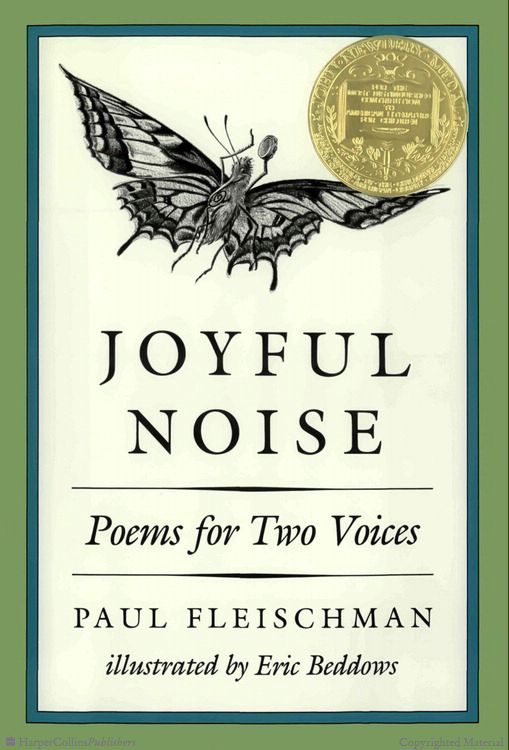Another Take on Princesses: Princess Academy by Shannon Hale
Princess Academy by Shannon Hale
Princess Academy by Shannon Hale. Bloomsbury, 2005.
A lovely, character-driven plot with lots of twist and surprises. I haven’t read a Newbery fantasy like this since The Blue Sword/Hero and the Crown. There’s a strong (contemporary) emphasis on justice and diplomacy, but I found it odd that the prince did not marry a mountain girl. I suppose that’d be a whole different story, but for all the societal attitudes against mountain people, the solution of sneaking a non-mountain girl into the Princess Academy seemed to only prove that yes, the snooty city folk are right, a mountain girl never could be queen.
- The writing is delicious and poetic. Some distance between the narrator (she’s not very poetic), but less than in Midwife’s Apprentice. It works.
- I would have liked more setting. It’s cloudy and indistinct to me. I see Linder, but the houses and the peoples’ daily lives ... they’re so organized yet so naive. Uneducated yet peaceful, and wise enough to be open to new ideas. It’s just too Utopian to be believed.
- The subplot of the protagonist feeling useless is stated but never shown in a truly convincing way.












In honor of a very special day, I thought I'd revive this old post about a book I found, um, intriguing, with some interesting asides...